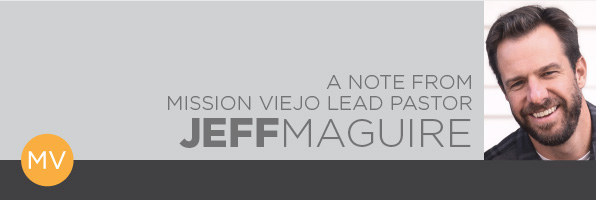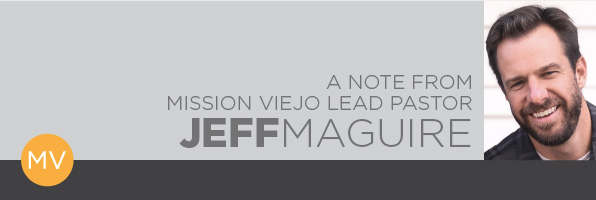
‘The Lord, the God of the Hebrews, has sent me to say to you:
Let my people go, so that they may worship me in the wilderness.”
-Exodus 7:16
When the alarm went off at 3:15am I felt only anger. It was the middle of the night, after all. I had intended to get a few hours of sleep before our long drive home. But, perhaps because of the pressure to be well-rested coupled with the necessity of waking up on time, my sleep was miserable. I don’t think I ever let myself really drift much past that early twilight sleep that ebbs seconds before slipping unconsciously into a nightly slumber. Nevertheless, I got up, drank a cup of coffee, loaded a few remaining bags into the trunk of the minivan, and then delicately transported each of my kids from their beds into the backseats of our multi-cup holding, front-wheel drive, adventure machine.
I drove through the early morning, waiting for dawn to come. The snow had fallen the night before and the plows hadn’t gotten to all the streets on which we were to drive. The car, loaded with my most precious cargo, now fast asleep, headed down the Utah highway toward home. I was afraid — afraid of crashing, afraid of the snow, afraid of the hassle of having to put snow chains on the car. I cursed the fact that I didn’t really do much more than lay in bed staring at the ceiling. Yet, I didn’t really fear falling asleep while driving. I was kept awake only by the tension I felt in my shoulders and forearms as I gripped the steering wheel with enough force to flatten a penny like those souvenir penny squishers at boardwalks and tourist traps. Eventually, as the dark subsided, Amanda and the kids awoke.
Then, the real battle began.
Not surprisingly, being limited to the small space within the minivan for upwards of fourteen hours transformed us. Like astronauts headed for a distant world, the lack of mobility and outside contact blossomed into conflict and despair. Watching movies on borrowed iPods and DVD players could only provide momentary and limited escape. No technology existed that could teleport someone completely out from within a confined space and into freedom. We required no social scientist, nor an anthropologist, nor a psychologist to inform us that lengthy periods of captivity have an adverse affect on human beings. The irony, of course, was that this captivity was one we chose, planned, and anticipated with joy. It wasn’t a captivity of invasion or oppression. But, now, several hours from home we weren’t our best selves. There were unwelcome smells, violations of personal space, hoarding of blankets, vocal longings for rest stops, and frustrations about the length of the journey.
The Bible is a story about releasing people from captivity into freedom. What is curious, however, is that God isn’t simply interested in freedom for freedom’s sake. He longs for freedom as a means to a particular outcome:
“…that they may worship me.”
Apparently, captivity and worship are at odds with each other. This week, we’ll look closely at freedom expressed in worship. Consider who God may have placed on your heart to bring to our church: people trapped in some kind of familiar, but uninvited captivity and people (like many of us) who sometimes forget how to live as though we have already been freed.
See you soon,
Jeff
